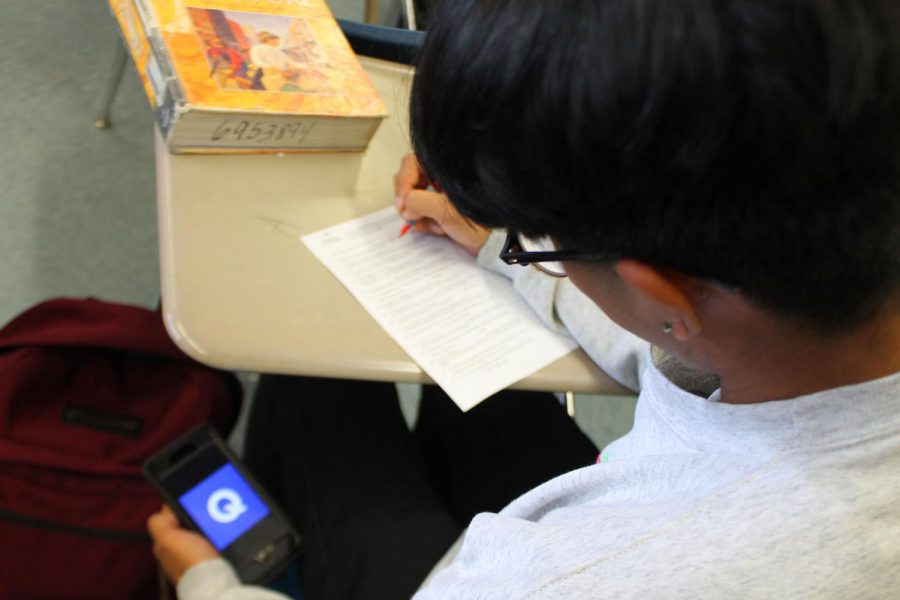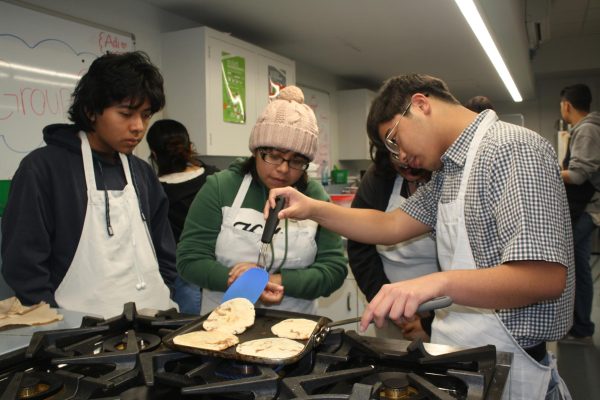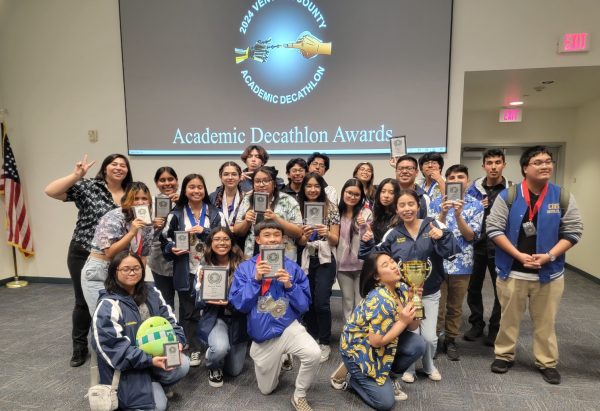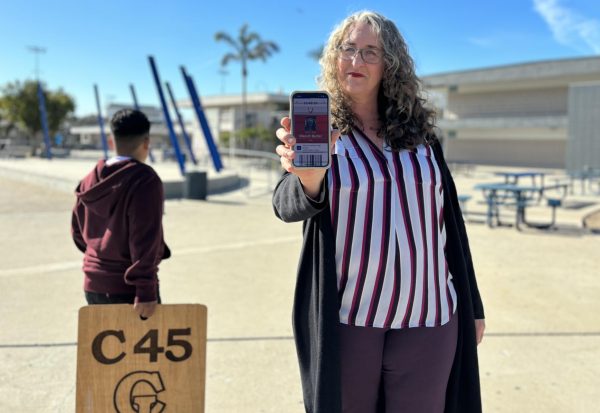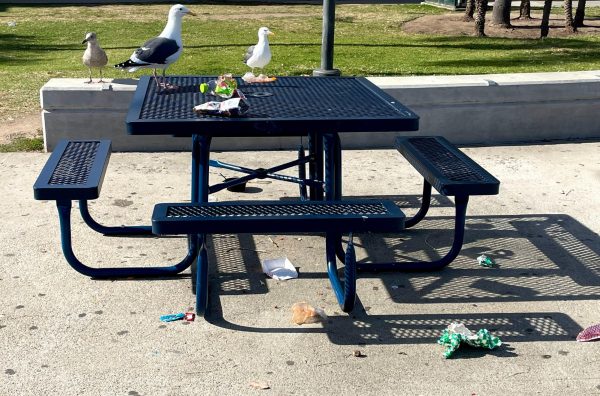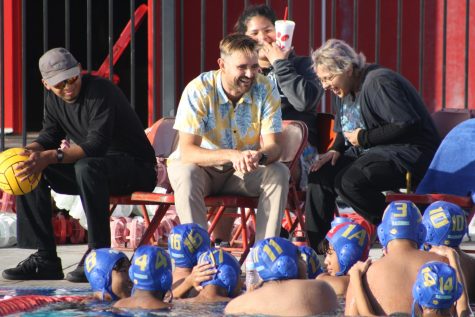CI’s Plagiarism Plague
Academic integrity is one of the many fundamentals of building a skilled and perspicacious academic reputation. Plagiarism is a habitual form of academic dishonesty that has been a serious issue in schools recently due to the increased utilization of technology in classrooms.
CI has evidently acted on preventing plagiarism by upholding the CIHS Plagiarism Policy in all courses and distributing contracts that inform students on the severity of the matter.
Teachers Weigh In
Ms. Monica Adrian, an English teacher at CI, has played a prominent role in reinforcing the prohibition of plagiarism as she has received numerous plagiarized assignments, especially in her honors classes. While honors students are typically imagined to be better behaved and conscientious than other students, plagiarism has surprisingly been more present in honors and AP classes than college preparatory classes.
“They’re like masters at it,” says Ms. Adrian, referring to honors and AP students.
There are several clever strategies that students use to cheat. One interesting instance was in Mr. David Corona’s college preparatory physics class a few years ago, in which students were using a water bottle to cheat on a test.
“That old thing where people write formulas or just answers on a water bottle,” says Mr. Corona.
Mr. Adam Gamboa, a Chemistry teacher at CI, believes that the majority of students plagiarize assignments due to their belief that the homework assigned isn’t beneficial or worthy to complete thoroughly. Mr. Gamboa explains that the solution to this issue is to assign homework that contains the same format and specific material that students will later encounter in tests and quizzes.
“Students don’t feel like the homework is valuable, like it’s not preparing them for the tests and quizzes,” explained Mr. Gamboa. “In order to make them valuable, you have to have your tests and quizzes very relevant to your homework.”
Students’ Thoughts
CI students are just as aware of the plagiarism issue as many have encountered multiple instances where they were asked by their peers to let them copy their assignments.
Samantha Radwich, a junior, has been asked by several of her peers to copy her assignments and as many responsible students would react, Radwich usually hesitates to lend her paper for others to copy.
“I have a very conflicted reaction because I know it’s wrong to cheat off of others but I feel bad for saying no,” says Radwich.
Jesus Ramos, a sophomore, reacts similarly to Radwich.
“I would be shocked that they would ask me that,” he said. “Before I used to feel bad about not letting people copy my work, but I have then realized that I shouldn’t feel bad for doing the right thing, because it isn’t fair to others like me who do the work.”
There are several instances that can direct a student to plagiarize.
Cesar Cosio, a freshman, gives us an explanation as to why he would consider plagiarizing. “If I were to cheat it would be to receive a good grade on a test that I wasn’t confident on. If I were to plagiarize it would most likely be an honest mistake,” says Cosio.
Consequences
With any wrongdoing comes punishment and the consequences for plagiarism aren’t so flattering for students. While the consequences may vary among teachers and departments, the main ramifications for plagiarism threaten a student’s grade or academic reputation in some way.
According to the CI Math Department Academic Integrity Contract, the first offense usually consists of receiving a zero on the assignment, documenting the occurrence for other teachers to be informed and having a conference with the teacher. The second offense may include the same consequences from the first incident but will inform the parents of the student. The third may consist of calling the Student Support Team to further investigate the recurring situation. The fourth and usually final offense may lead to automatically failing the class.
Survey Says…
After conducting a survey on plagiarism, the results were significantly alarming and undoubtedly substantiated the outbreak of the plagiarism plague.
The survey was distributed to a variety of different courses and grade levels ranging from college preparatory to advanced placement courses. The data revealed that 95 percent of CI’s students that were surveyed admitted to copying someone’s homework or letting someone copy their own homework, while and 66 percent admitted to plagiarizing.
Forty-six percent of students confessed to copying their plagiarized information from the internet and 45 percent admitted to copying from other people.
There are several reasons why students resort to the act of plagiarizing, but 68 percent of students claim that they plagiarized due to lack of time and 58 percent of students asserted that they are afraid to hurt their grades.
When asked about what types of offenses for plagiarism should be, 51 percent of surveyed students believe that the consequence for plagiarizing should be a simple warning but this may be due to the fact that they want the lowest possible offense.
